We’re baking banana bread, drinking dalgona coffee and guessing gibberish on Instagram. Ludo has become the new national pastime and John Krasinki’s Some Good News is better than any news channel story right now. While we’ve got a lot going on (or nothing at all, no judgments), what are hotels, airlines and travel companies doing? I wanted to know what’s their version of dalgona, so I reached out to a couple of them and spent some hours researching this. Why? Because I’m a curious traveller and it seemed like the right time to discover who has changed their direction of travel due to Coronavirus.
PS: I realise it’s a difficult time for the hospitality and aviation industry. I’m gutted that it’ll cause many to declare bankruptcy and millions will lose jobs in the coming months due to the Coronavirus lockdowns. But I’ve been working with sustainability thought leader Pavan Sukhdev and he tells us that a crisis is a terrible thing to waste. This is the time for us to regroup and re-strategise, and learn from our past experiences. For travel, I’m hoping it’ll lead to responsible tourism and environment-friendly practices, but more on that here.
This is what I found.
Airlines Have Parked Their Planes
World’s 62% aircrafts are grounded, that’s more than 16,000 planes. It’s difficult to find space for these heavy-duty sky machines, but important to keep them in shape. You can’t just park them and forget about them (like I have done it with my car in the basement, which now needs thorough cleaning). While most planes are standing still at airports, on the runaways and gates and hangar and storage facilities, they still need TLC. But air travel in Coronavirus is still on, mostly for rescue operations and freight transportation.
Amsterdam-based KLM has parked its fleet of more than 200 aircrafts at Amsterdam Airport Schiphol, their blog reveals. The airline is not being charged any parking fees by the airport, which is a huge relief because it can be a major expense. The planes of all sizes have been accommodated at the airport–at the runaways and on gates–in a puzzle way, so they don’t close off each other. But they require regular maintenance, which means cleaning, disconnecting batteries, adding lubricants and pumping fuel. KLM is still operating a few flights–they brought back 2,000 Dutch travellers from Australia and the airline has created a cargo bridge between Amsterdam and China to transport medical essentials. The airport has reported that 360 cargo flights per week are landing in the city.
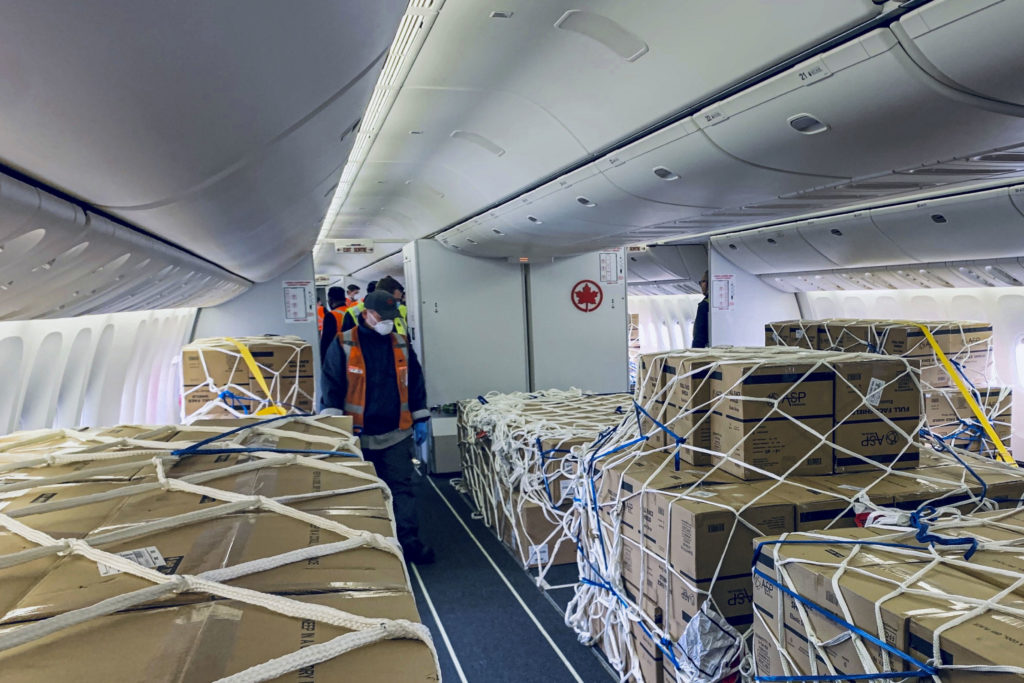
Air Canada, too, has operated repatriation flights from Peru, Lima and Algeria, among others to bring Canadians back home. They also retrofitted their planes to carry cargo and bring medical supplies to the country. In fact, they flew in honeybees from Hawaii and California to help pollination across the country!
One of my favourite airlines, Etihad has released a video on what they’re up to, which is quite a lot actually. The cabins are getting refreshed–cleaning, shampooing, replacing seat covers and backrest covers (they have done 10,000 so far) and maintenance checks are on. About 80% of their fleet is grounded, and they explain in this video how they’re maintaining the aircraft in the parking mode.
Qantas in Australia has increased the number of domestic flights between cities, from 105 to 164 per week, it announced last week in a blog. However, a number of its planes are standing down at Doha International Airport because there’s no demand for travel in Coronavirus-hit times. Even Air France has released a video on how it’s caring for its grounded planes.
Austrain Airlines’ planes are parked at Vienna airport; British Airways has sent its planes to an airfield in France; Cathay Pacific is resting at Hong Kong airport; Emirates’ aircrafts are sitting in Dubai; while Singapore Air is using homebase Changi.
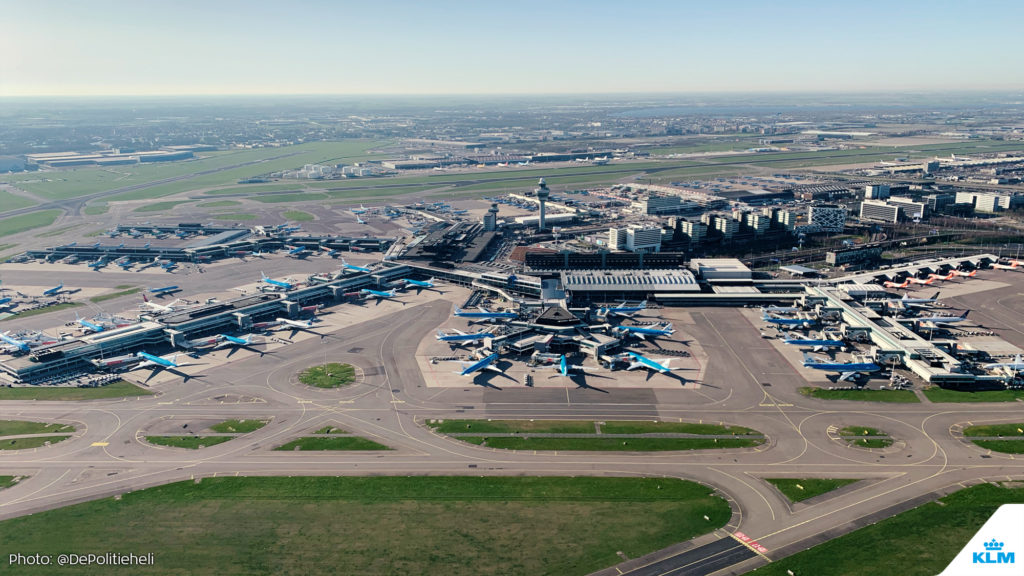
Close to home, AirIndia has also operated rescue and freight flights. As of April 25, AirIndia operated 383 flights to transport 684 tons of medical supplies. Meanwhile, planes have found a home at the busy Delhi airport and they’re getting cleaned and ready for travel after Coronavirus.
Hotels Are Helping Healthcare Workers
From sharing safely-guided recipes of loved dishes to offering free rooms to frontline workers, hotel chains have responded to Coronavirus with community activation.
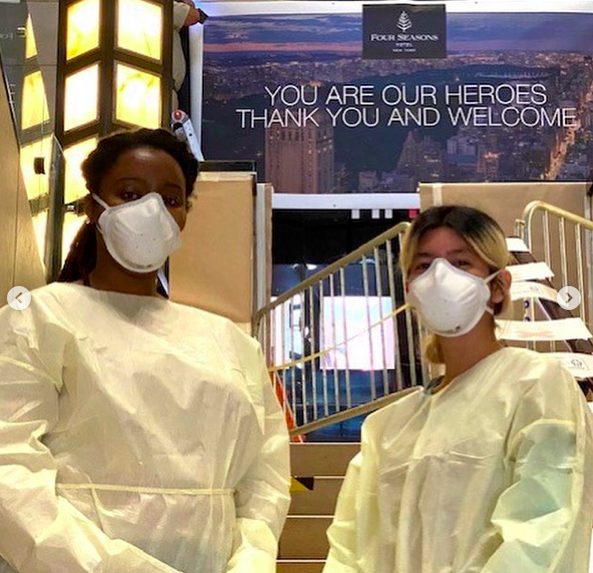
India’s beloved hospitality brand, Taj hotels opened seven hotels in the country to healthcare workers for free. Hilton Hotels, with American Express, is providing one million hotel room nights for free to healthcare workers in the US. Many Hilton hotels around the world are involved in community service, including donating supplies, delivering meals and contributing to food banks (details here). Marriott’s Room for Responders initiative is also offering free rooms to first responders healthcare workers in some US cities and Community Caregiver Program in the US, Canada, Latin America and the Caribbean offers discounted rates to frontline professionals.
From Four Seasons Hotel in New York to Hotel Adlon Kempinski Berlin (a member of TheLeading Hotels of the World), hotels all over the world have come forward to fight this battle. However, they have to take strict measures to stop the spread in hotels. Taj reported that at least five of its staff members tested positive, so preventive measures are the need of the hour.
Four Seasons, for example, has taken out the minibars and extra pillows and linen from hotel rooms and there’s no housekeeping while a guest is staying in. Guests are given three bags for clothes, linen and trash and housekeeping collects it from the door. The rooms are left alone for a full day before staff goes in for a deep cleaning, clad in protective gear. At Hilton, the vacant room is cleaned after three days. Check-in happens virtually at these hotels and many other measures, including temperature checks, boxed meals in refrigerators and one-person per elevator ride, are being introduced at hotels. They’re being extra careful, which should be the practice worldwide right now.
Many member hotels of The Leading Hotels of the World are actively working with local communities to offer other forms of support. In Amsterdam, the hotels gifted 1,000 bouquets of Dutch tulips to care homes; in Germany, Brenners Park-Hotel & Spa is making food deliveries to a children’s home twice a week; in Indonesia, they are visiting communities and spreading awareness about prevention from COVID-19.
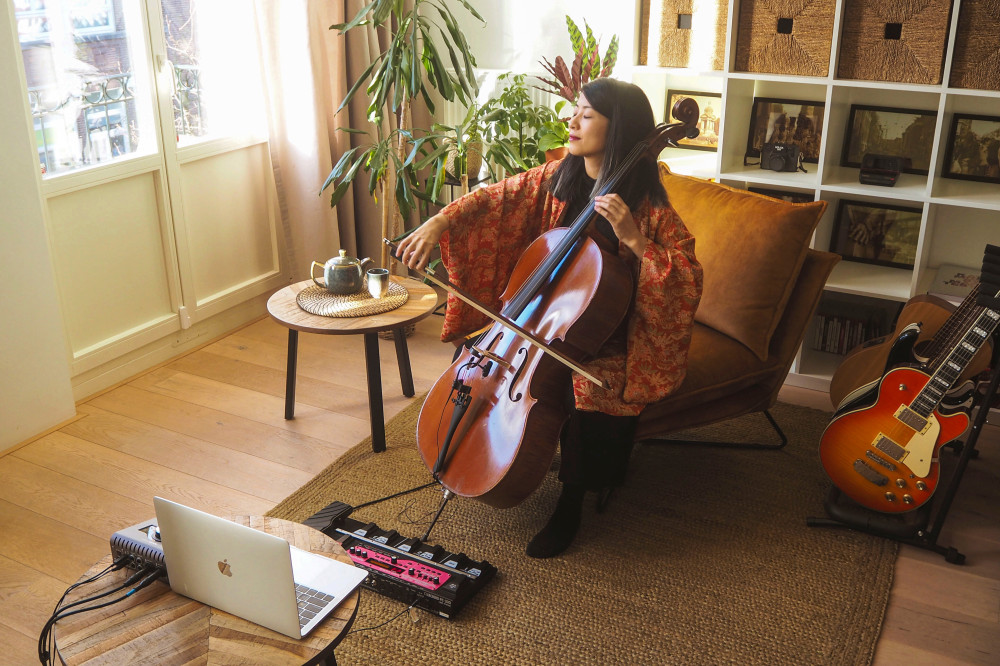
Airbnb, too, is offering support to first responders by waiving off their own fees when a stay is booked and encouraging people to donate to non-profits who are enabling responders to stay near the hospitals. In addition, the travel company launched virtual experiences this month with a variety of cool activities, including novel writing with an author, sleep meditation with a sheep and conversations with Olympic athletes!
Online experiences may become the reality of travel in the coming months, and thankfully, there are lots to choose from. Want to go for a safari in Africa? Log onto &Beyond and watch the live twice a day. Three-hour game drives in South Africa are being hosted on YouTube and Facebook, while the staff is still carrying our conservation efforts and reporting sights on Instagram Live.
Meanwhile, Anantara is sharing recipes on its blog, promoting #AnantaraEscapism. Oberoi Hotels, too, is updating its Instagram page with immune-boosting recipes and ITC has started #FoodForThought with easy-to-do things at home (practising yoga, baking mug cakes and maintaining kitchen hygiene). The hospitality sector is redefining travelling in these uncertain days of Coronavirus.
Travel Companies Are Struggling But Fighting
With non-essential travel completely dead, travel companies are hit hard. Indian government has asked airlines to refund money to passengers who had booked for this period and during the lockdown, but it hasn’t happened yet. Airlines are offering money in virtual wallets valid up to a year to travel companies, while the passengers are pushing for full cash refunds. The tussle has been going on since March, online and offline. Out of all the online OTAs, EasyMyTrip is the only one that has given cash refunds to its customers.
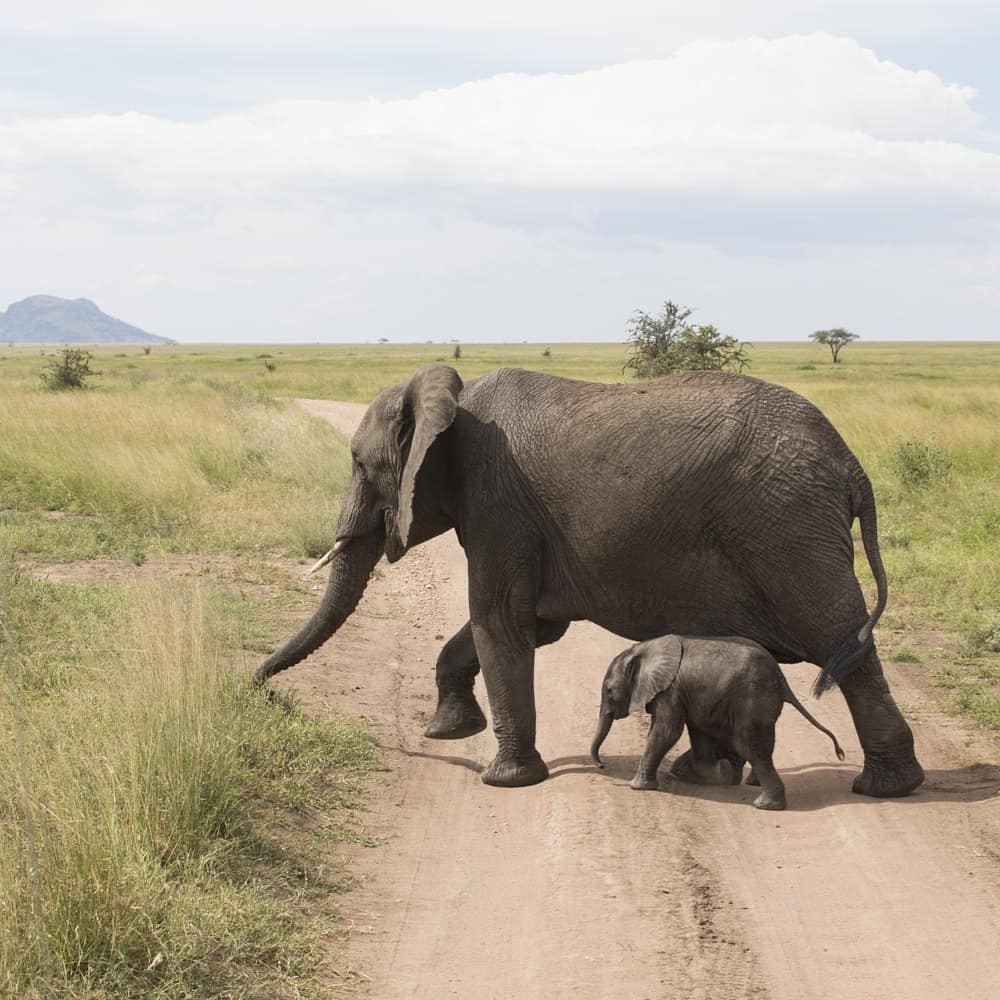
Travel aggregator MakeMyTrip has seen a sharp decrease in its stock since March, but it raised Rs 73.5 crores, so the investor sentiment is still strong. Founder Deep Kalra and CEO Rajesh Magow are not taking home any salary effective April. On the COVID-19 front, the online travel portal recently launched Stays for Saviours initiative to help healthcare workers find accommodation at cheaper costs, partnering with Park Hotels, OYO and Lemon Tree. Expedia’s stock also fell this month, but it has raised US$3.2 billion!
TripAdvisor, too, is connecting healthcare workers with hotels that are offering stay. The NHS workers in the UK can look up hotels that have extra rooms on TripAdvisor, so they don’t have to sleep in their cars (healthcare workers are afraid of bringing the infection home to their family members, so they have been resting at hospitals, in their cars, or their garages). Meanwhile, it has also launched an initiative to help restaurants around the world stay afloat during the Coronavirus standstill. It is encouraging diners to buy gift cards, order take-out from operational restaurants and post reviews/share #LoveYourLocal–the proceeds are going to World Central Kitchen and The Restaurant Workers’ Community Foundation.
Viator, TripAdvisor’s tour provider, has launched #RoamFromHome programme with paid and free tours to support small businesses. There are cooking classes, wine tasting and Harry Potter tours on the list.
There’s a lot still happening in the world of travel in these days of Coronavirus and when we get to the other side, the industry would have changed. Hopefully for the better.
Till then, here’s a Martha Stewart chocolate cake recipe for you 😀
Featured Image: Bloomberg
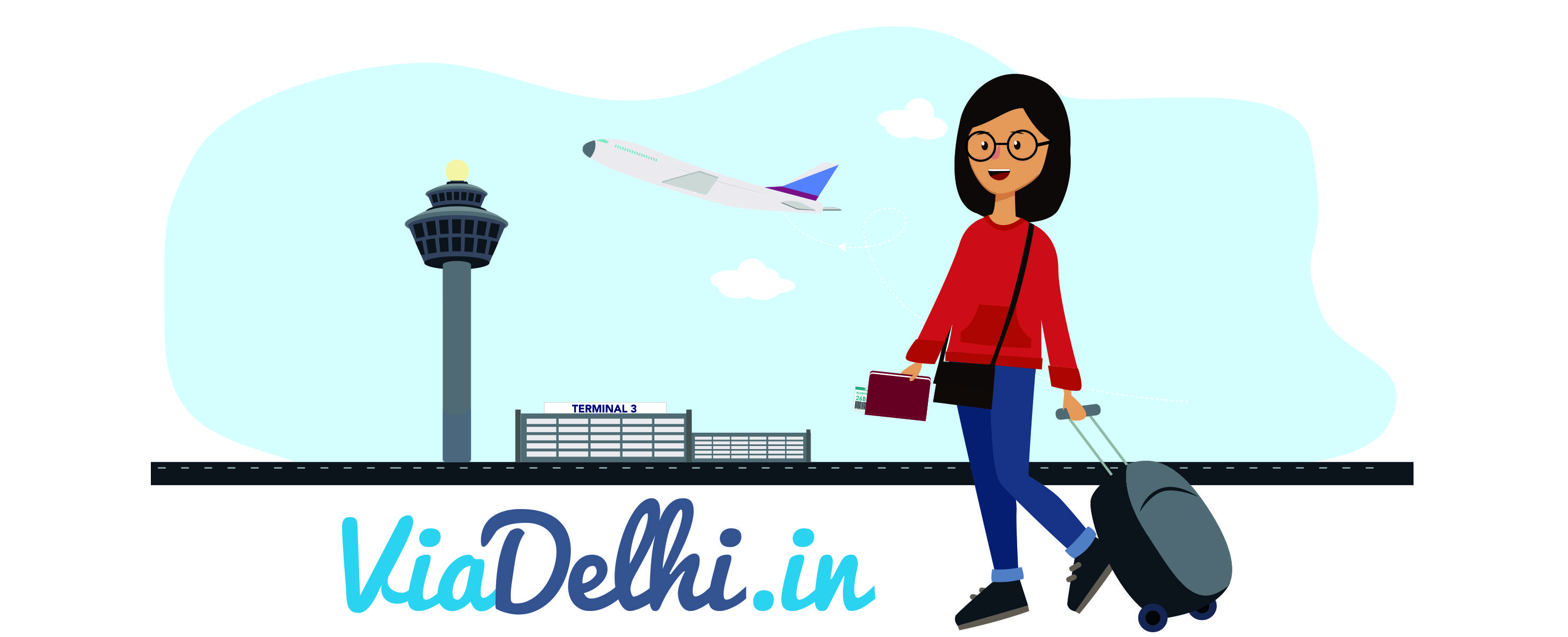
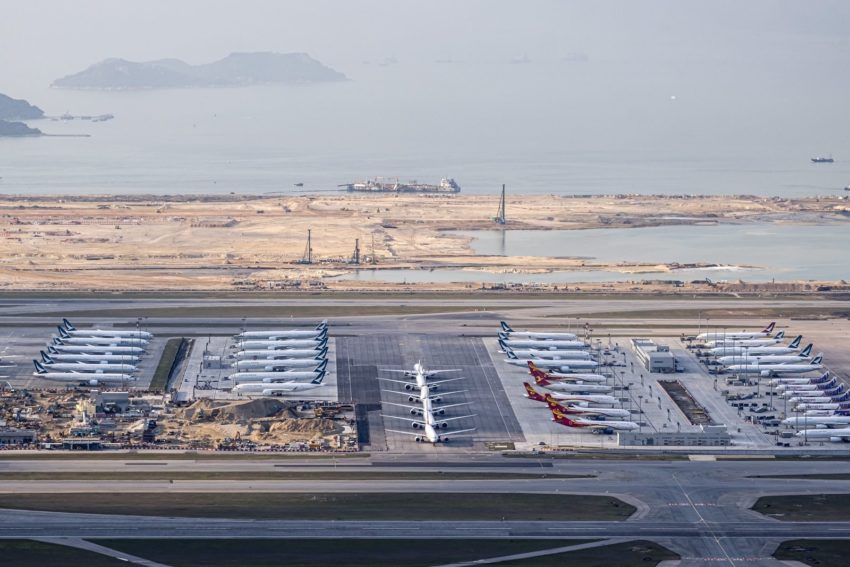
An industry shattered by the pandemic, but I am sure will come back strong once this is over. Really well compiled as always.
Thank you 🙂
Travel is a resilient industry. It will bounce back.
Hey Apeksha, this is such a good read 🙂 Thanks for sharing such vivid data.
Thank you!